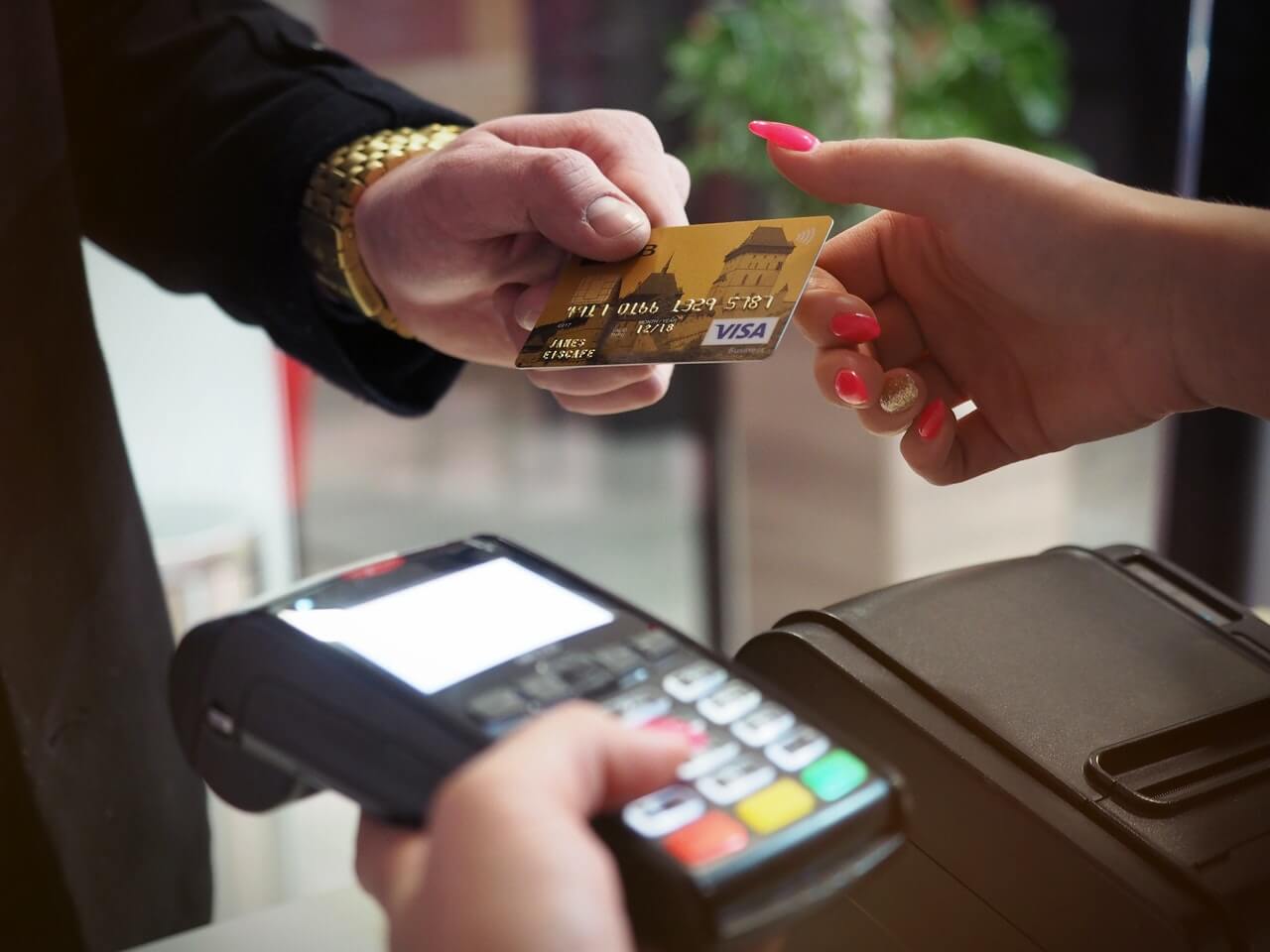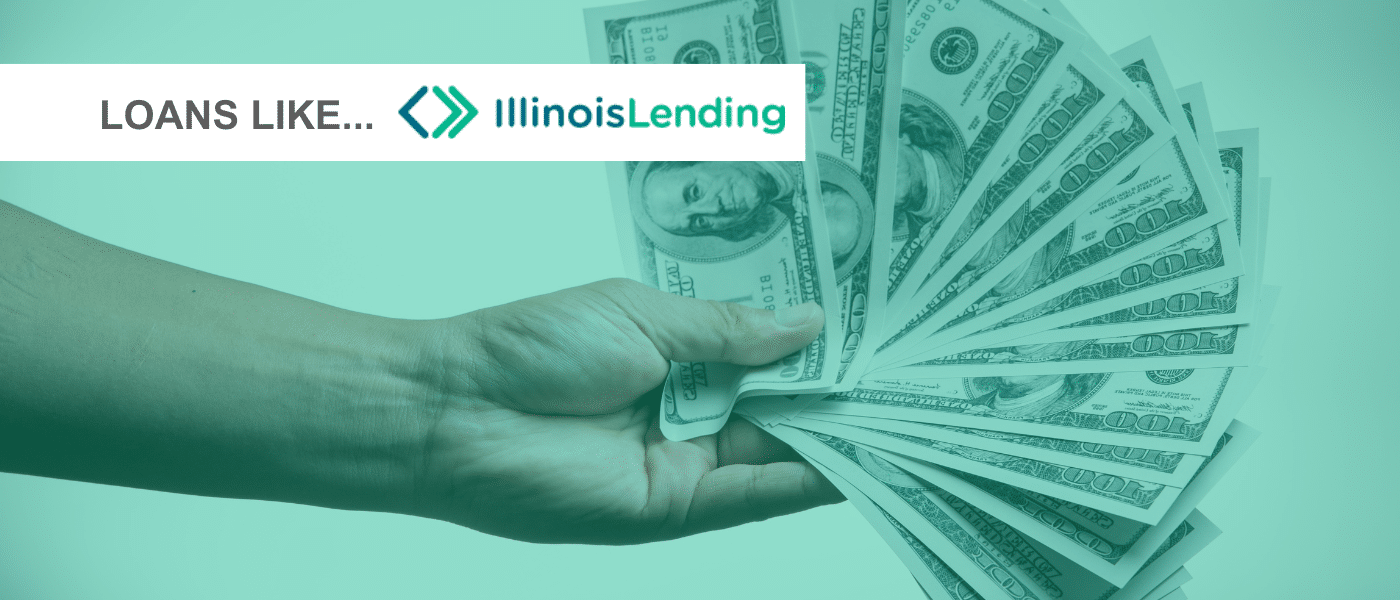You can get overdraft fees refunded by contacting your bank and requesting them to waive overdraft fees. Bank fees can be costly, and overdraft fees typically cost around $35 per transaction.1
Learn everything you need to know about how to get overdraft fees refunded or waived so you can organize your finances and save money!
What Is an Overdraft Fee and How Does It Affect My Bank Account?
An overdraft occurs when charges are made to a bank or financial account without enough money present in the existing account to cover the costs. When this happens, banks usually charge what is known as an overdraft fee. Bank overdraft fees cost consumers more than $8 billion every year!2
Here are a few examples of transactions that could potentially lead to overdraft fees:
- Debit card purchases
- ATM withdrawals
- Checks
- Automatic payments taken from your bank balance
- Cash transfers between bank accounts
If you have overdrawn money from your checking account, transfer funds into your overdrawn account as soon as possible. Often, banks will not charge refund fees when account owners replace overdrawn amounts within 24 hours or less.
If you still see charges deducted from your account, call a customer service representative at your bank and explain why your account was overdrawn. If the reason for the account overdraft was clearly not your fault, banks wouldn’t typically charge you any kind of fee.
Additional Bank Fees
These are common bank fees to look out for:
| Common Bank Fees | Average Cost |
| Non-sufficient Funds (NSF) | $30 – $35 |
| ATM Fee (Non-network) | $2 – $3.50 |
| Monthly Maintenance Fee | $10 – $12 |
| Wire Transfer Fee (Domestic) | $15 – $30 |
| Wire Transfer Fee (International) | $40 – $50 |
| Minimum Balance Fee | $10 – $15 |
| Account Closure Fee | $25 – $50 |
| Returned Deposit Fee | $20 – $40 |
| Stop Payment Fee | $25 – $35 |
Insufficient fund fees, also known as NSF fees, are when there is not enough money in any existing accounts to cover the negative balance from a checking or bank account. Many people fall prey to this type of fee due to credit cards.
For example, say you had credit card interest charges automatically deducted from your bank account when you didn’t have enough money. In some cases, banks will deduct the money from your savings and charge an overdraft fee. But if you didn’t have enough money in your savings or if you have opted out of overdraft protection, that would lead to an NSF fee.
How To Get an Overdraft Fee Refund From the Major Banks
Account owners can take advantage of unique overdraft protection services at some of the most popular banks in the U.S. However, each bank is a bit different, so rules and procedures may be different if you have accounts at various banks.
Here is how fee refunds work at a few of the most used banks in the United States:
Bank of America
With Bank of America, there is no set overdraft coverage program. If you overspend on your account, you should call customer service and see what they can do for you.
Chase
Chase has a program called “Chase Overdraft Assist,” where there are no fees for overdrawing in the amount of $50 or less. You can also get a refund if you replace the overdrawn funds within one business day. This perk is available for all Chase accounts except for “Chase Secure Checking,” “Chase High School Checking,” and “Chase First Checking.”
Wells Fargo
Wells Fargo has an overdraft protection service called “Overdraft Rewind.” This program waives overdraft fees if sufficient money enters the account by 9:00 am the next day.
CitiBank
At CitiBank, there are no protection programs in place for fee refunds. If you have multiple overdraft charges, you should call customer service and notify them of the issue.
U.S. Bank
The U.S. Bank will refund overdraft fees if the overdrawn amount is under $5.
Truist Bank
There is no overdraft penalty charge at Truist Bank if the amount overdrawn is under $5. Also, Truist Bank waives overdraft fees for specific customers if their negative balance is $100 or less in the summertime.
PNC Bank
With the “PNC Virtual Wallet Student Account,” account owners will receive refunds for up to one overdraft. There is no fee charged for all other account owners if the overdrawn amount is $5 or less.
T.D. Bank
If you bank at T.D. Bank, you will receive reimbursement for only two overdraft fees each year, and only if the amount isn’t higher than $70.
Fifth Third Bank
At Fifth Third Bank, you won’t receive a charge for an overdraft fee if you deposit sufficient funding into your account by midnight of the next business day.
Citizens Bank
Citizens Bank has overdraft protection called “Citizens Peace of Mind.” With this program, account owners receive an alert if their account is overdrawn and will receive a refund if they deposit money back into their account by 10:00 pm the next business day.
Regions Bank
Regions Bank will refund one overdraft fee if notified within one business day.
Can Bank Overdraft Fees Affect My Credit Score?
Overdraft charges and overdraft fee refunds have no direct impact on credit reports. But they can indirectly negatively affect your credit. That’s why it’s best to avoid overdrafts whenever you can for your own financial health.
How can overdraft fees indirectly affect your credit? When you get an overdraft fee, that means there is $0 or less in your checking account balance. If you have automatic bill payments scheduled, there may not be enough funds in your account to cover your financial obligations. If an automatic bill payment fails to go through, this may lead to a missed or late payment. That late payment may also be followed by late payment fees, which just increases the amount of debt a person has.
On the other hand, you may actually see an improvement in your score over time by staying on top of your finances. If you are trying to improve a bad credit score, it’s essential to make on-time bill payments so you can reduce your debt from credit cards and other loans.
How To Avoid Future Overdraft Fees and Other Bank Fees
Here are a few things you can do now to make sure you never overdraw from your checking account.
Have a Savings Account
Overdraft protection ensures that funds will automatically be withdrawn from your savings account if you ever overdraw money from your checking account. When you have sufficient backup savings stored, you can rest assured knowing you are covered if you ever accidentally overdraw from your account.
Balance Your Finances
Start to make it a habit to check your online banking account every few days. Sometimes people overspend on their accounts simply because they aren’t really aware of how much readily available funds they have.
Stick To a Budget
When avoiding overdraft fees, it’s another good practice to build a yearly budget or monthly budget and stick to it. Creating a budget will not only help you avoid overdraft fees, but it will also help you organize your finances and ensure you never miss a bill payment.
Some common budget plans include:
- 50/30/20 Rule
- Envelope Budget
- Zero-Based Budgeting
- Debt Avalanche or Snowball Method
Put On Alerts
Most banks offer an alert program where an account owner will receive an email or text if their checking account ever gets below a specific amount. With alerts like this, you’ll be notified as soon as your available balance starts to get low, so you know to stop spending. These alerts also let you know when it’s time to add more money to your checking account.
Get a Loan
If you know you will have to spend money but don’t have enough cash in your bank account, getting a loan is usually always an option. A personal loan is a flexible loan option to consider. If you have bad credit, you can consider using no credit check loans or bad credit loans. With a loan you don’t have to worry about taking money out of your checking account.
FAQs About How To Get Overdraft Fees Refunded
If your bank didn’t approve your refund request, don’t worry! First, review the bank’s policy on overdraft fees to understand the criteria. Then, consider reaching out to customer service for a detailed explanation and ask if there are any exceptions or further steps you can take. Remember, persistence and politeness often go a long way!
Mistakes happen, and sometimes fees appear that just don’t seem right. If you believe your bank account balance was sufficient and you were unjustly charged overdraft fees, gather your account statements and any relevant proof. Then, calmly contact your bank’s customer service and present your case. If the first attempt doesn’t resolve it, you may escalate to a manager or the bank’s internal dispute resolution team.
Overdraft fees can be a heavy burden, especially when they’re unexpected. If you’re facing financial hardship, it’s important to communicate this to your bank. Many institutions can offer solutions, such as setting up a payment plan or even waiving the fees under certain circumstances.
If you’re frequently incurring overdraft fees, it might be time to consider a switch. Some banks or credit unions offer more lenient policies, lower overdraft fees, or don’t charge overdraft fees at all. Do some research, compare policies, and consider a bank that offers overdraft protection that suits your financial habits. After all, your bank should meet your needs, not the other way around!
Overdraft protection is like a safety net for your bank account balance. It typically links your checking account to another account or line of credit. If you overspend, the bank will transfer or extend funds to cover the difference, sometimes for a small fee, which is generally lower than regular overdraft fees. To set it up, contact your bank or credit union, and they’ll happily guide you through the process.
The amount that banks waive for overdraft fees can vary widely based on the bank’s policies and your account’s standing. While some banks might waive a first-time overdraft fee as a courtesy, others might set specific limits. It’s always a good idea to inquire directly with your bank for the most accurate information.
Generally, there’s little to no risk in politely asking for an overdraft fee refund or waiver. It’s your right as a customer to request a fee review, especially if you believe it was charged in error or due to a one-time mistake. The worst they can say is no, but your bank or credit union won’t penalize you for asking!
Banks generally require some form of account statement or transaction history that shows the activity leading to the charge of overdraft fees. If you’re seeking to have these fees waived, it’s helpful to provide any context that might support your request, such as unexpected charges that led to a low balance. As for the amounts refunded, it truly varies. Some banks might waive the full fee, especially for first-time occurrences or minimal overdraft amounts, while others may offer a partial refund.
Overdraft fees are charged when a transaction exceeds your available bank account balance. This could happen anywhere, from a local store to an online purchase. The best place to start is by reviewing your recent account transactions, which you can typically find on your bank’s website, app, or monthly statement. If you’re still puzzled, don’t hesitate to contact your bank’s customer service for clarification. For more detailed guidelines on how banks charge overdraft fees, check resources from the Federal Deposit Insurance Corporation (FDIC).
A Final Summary of Overdraft Fees From CreditNinja
By staying familiar with your account balances and communicating with your bank, you can better understand why banks charge overdraft fees and know how to avoid overdraft fees!
CreditNinja offers free financial resources online. If you want further information about what to do when your bank account is overdrawn and you have no money, check out our CreditNinja Dojo!
References:
- Overdraft and Account Fees │ FDIC
- Bank Overdraft Fees │ Bloomberg
- Does an Overdraft Affect Your Credit Score? │ Experian







